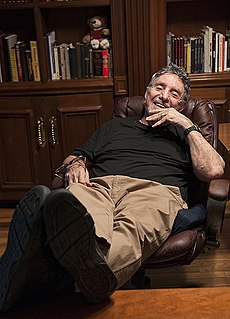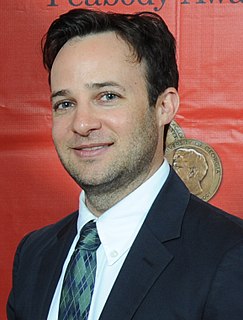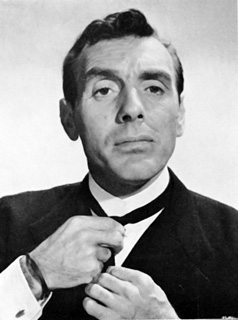A Quote by William Peter Blatty
I'd sold the book first. Actually to a paperback publisher. I had nothing. I just had the idea.
Related Quotes
A publisher friend of mine suggested that I write a book about my grandfather, who had just died. I had nothing else to fill my empty days with, so I started work on this book. While researching it - watching lots of movies, talking to moviemakers - I became interested in movies and started making documentaries.
This was an age before e-books. We all knew that the only way you can allow a book to survive in print in the long term is in paperback. The hardback has a certain life, and then it stops having that. It stops selling, and if you want the book to just stay around there has to be a paperback edition. So if there were not a paperback edition the book would eventually disappear from the shelves, and we would have lost the battle.
When I had the idea for 'Shopaholic', it was as though a light switched on. I realised I actually wanted to write comedy. No apologies, no trying to be serious, just full-on entertainment. The minute I went with that and threw myself into it, it felt just like writing my first book again - it was really liberating.
I had written four scripts before I wrote Recount. Each one progressed my career a little bit, but I didn't make a dime off any of them. Recount was the first thing I sold, and I actually sold it as a pitch to HBO. They bought it as a pitch, which was a miracle. I thought, "Wow, this could be the last time I'll be paid to write a script again, which would be too bad because that was an amazing experience I just had."
I had published a co-edited book with Oxford a decade ago, my first book actually. Years later I found myself having lunch with Lori Stone, who was an editor at Oxford at that time. We connected at a conference and over the course of lunch she told me about a wonderful new series she had just developed called Understanding Research.
I think I've learned over the years, because you'd have to be stupid not to, that when a book publisher gives you a deadline they're just kidding for the most part. I don't know what they do with it, it's like you send them your book and they just hold it in their hands for like six months and I don't know why, and you realize you probably had more time.






































